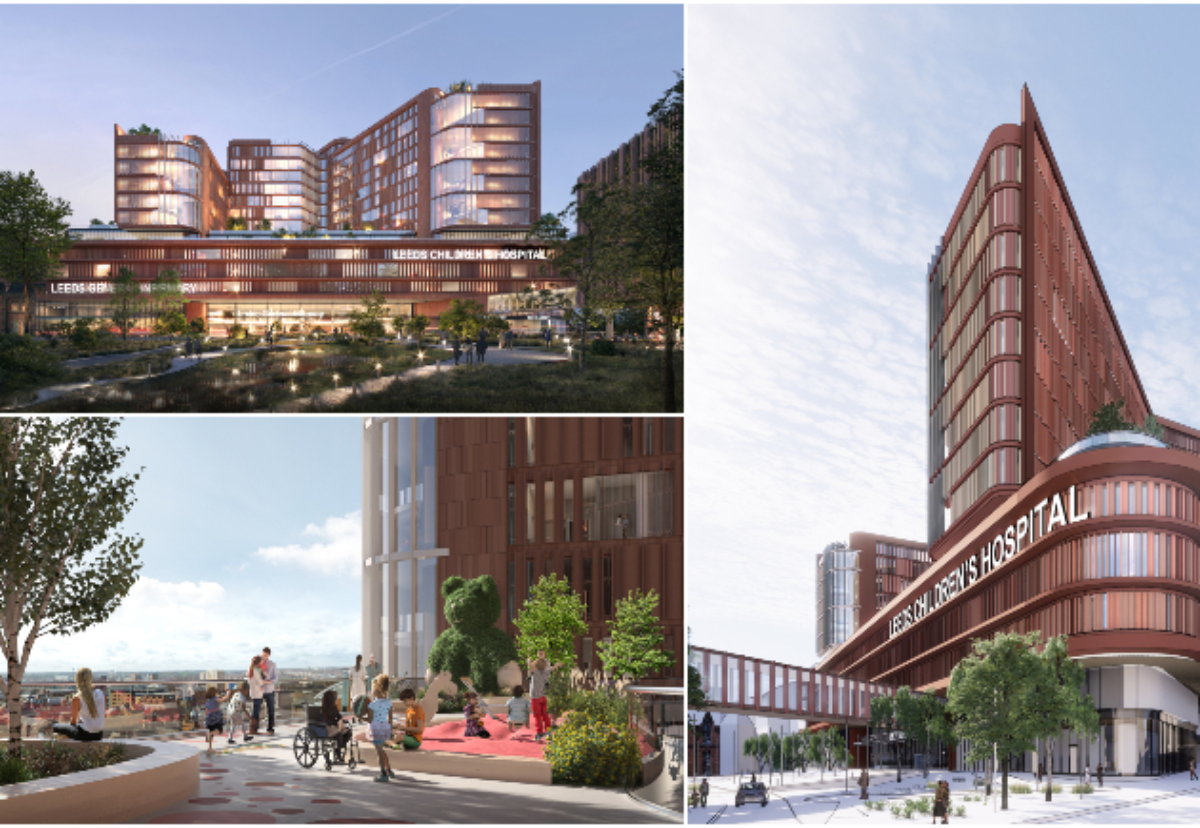BDP was confirmed as preferred bidder for the scheme last month when initial designs were unveiled – but has now been replaced by a rival team.
The trust said: “Following a period of preferred bidder engagement the Trust has not been able to progress these discussions and in line with procurement best practice, started preferred bidder conversations with the Perkins & Will team, led by Penoyre & Prasad with Schmidt Hammer Lassen, who have now been appointed as the preferred bidder and will design the new hospitals in a once in a generation development opportunity for Leeds and the wider region.”
Simon Worthington, Leeds Teaching Hospitals NHS Trust Director of Finance and Senior Responsible Officer for the Hospitals of the Future Project, said: “We were unable to proceed with one of our tenderers but, in accordance with good procurement practice the right thing to do was to follow due process and this has resulted in the Perkins and Will team being appointed as the Trust’s Preferred Bidder to take forward this design opportunity.
“The competition process to appoint an architect was very strong with a number of international practices taking part which meant we received some exceptional concept designs. The Perkins and Will concept design is very exciting and will create a fantastic landmark for the hospital and the city of Leeds and we are delighted to be working with them to create the new hospitals.”
Perkins & Will Managing Principal, Mark Rowe, said: “It’s obviously a huge privilege to be entrusted with the design of such a prominent site in one of the country’s most important cities.
“Working closely with the Trust, we believe we can deliver an outstanding building that not only supports exemplary clinical care and treatment but that over time can become as cherished a part of the Leeds cityscape as George Gilbert Scott’s exemplary original hospital.”
The Trust is planning to start construction in 2023, enabling it to align with the Government’s New Hospital Programme and benefit from the collaborative approach of working at scale, allowing it to share its experience with other less developed schemes, in areas such as digital technology, sustainability and modern methods of construction.
























.gif)






















 (300 x 250 px).jpg)




